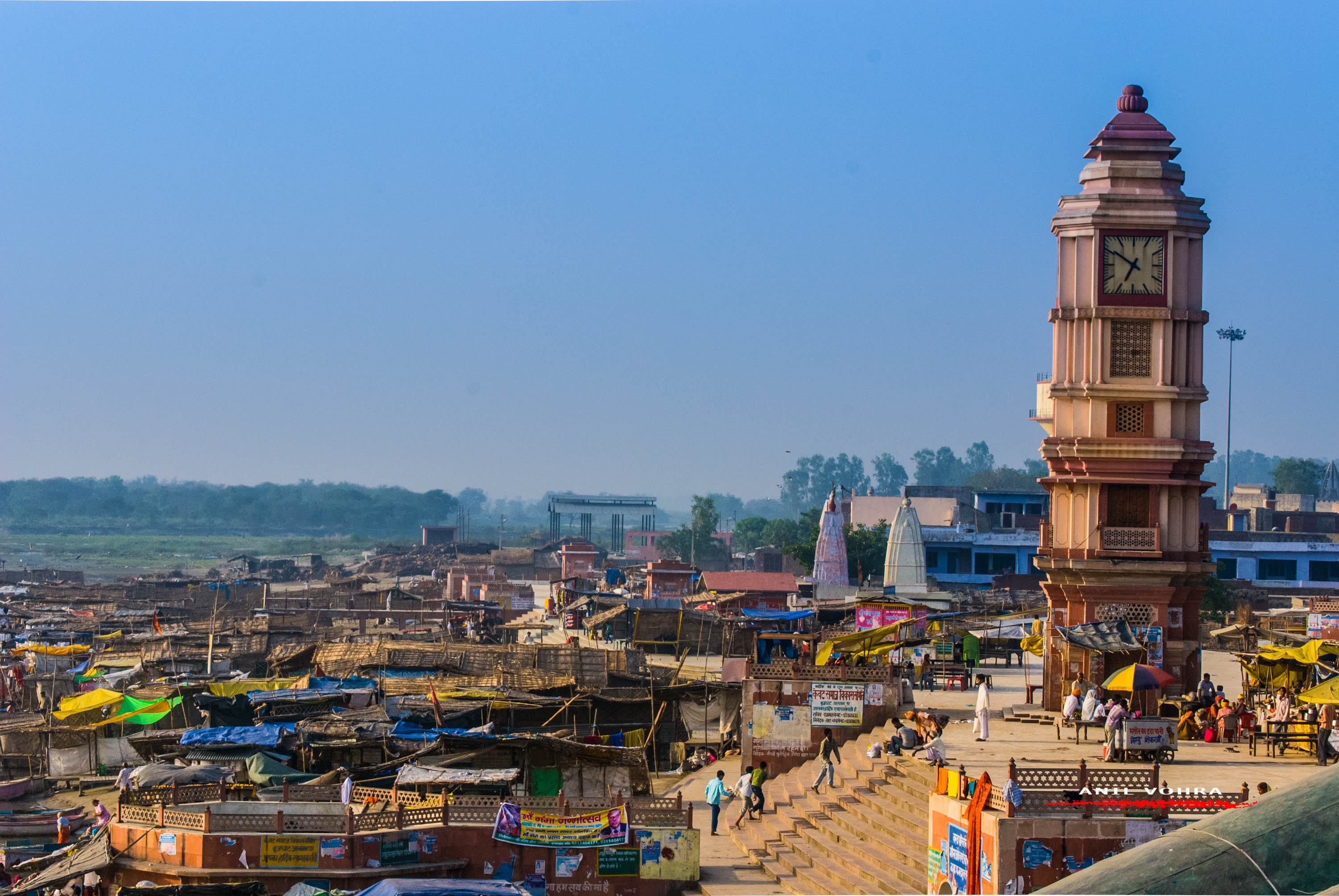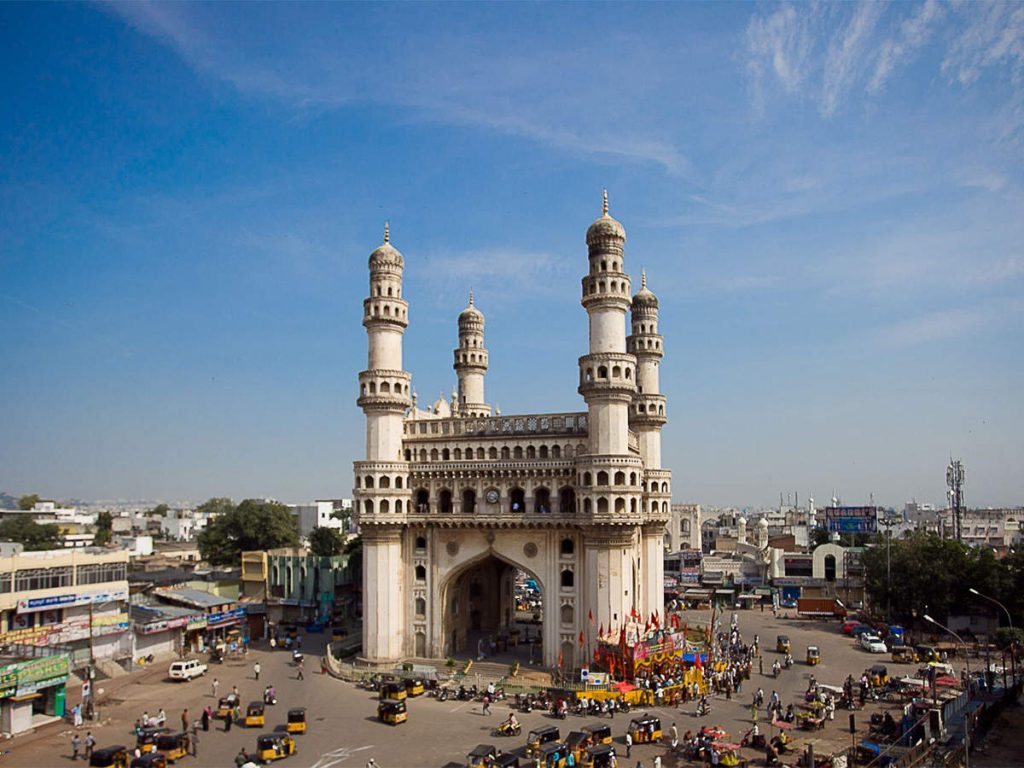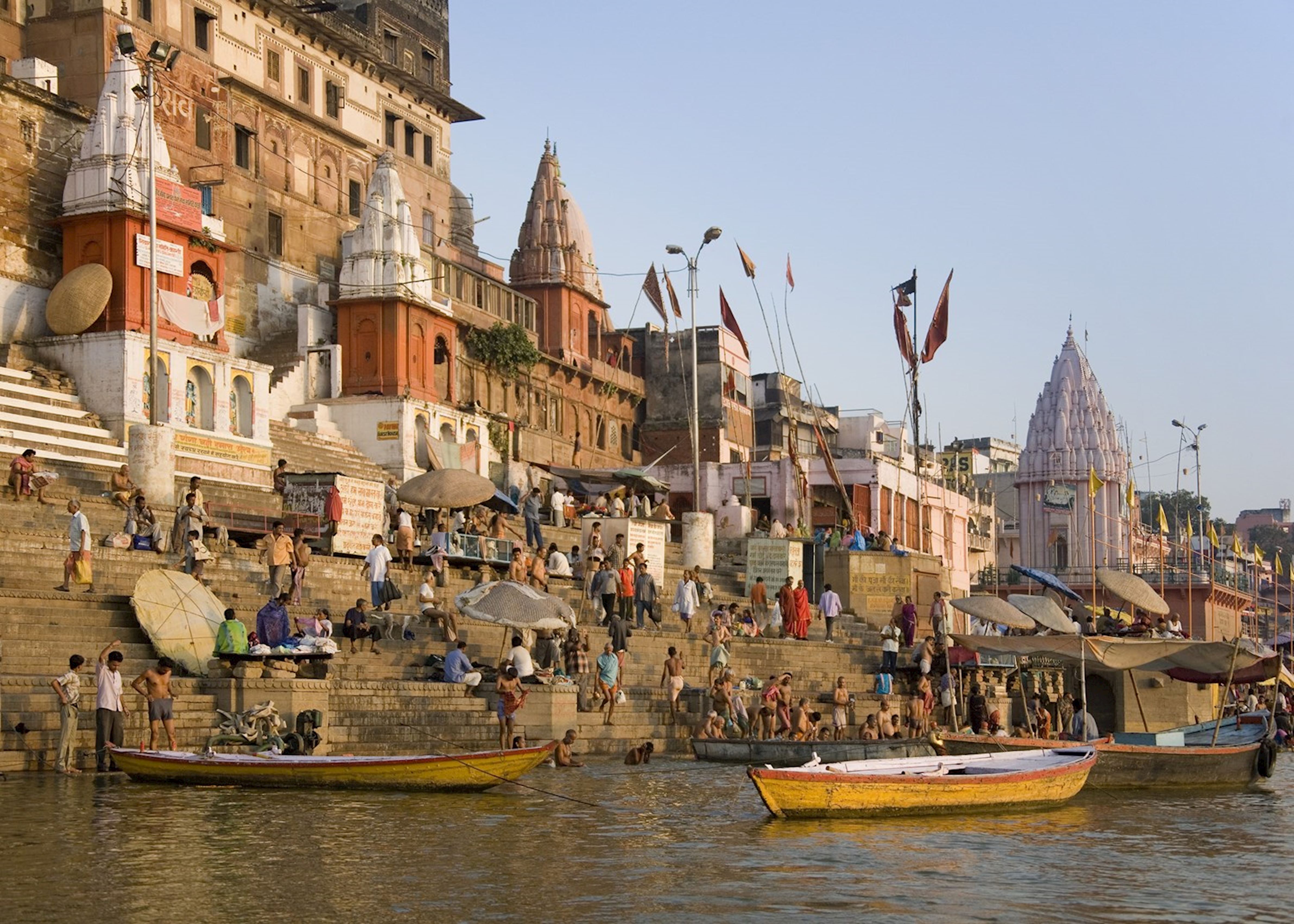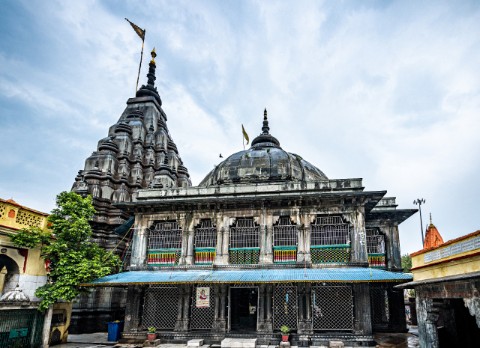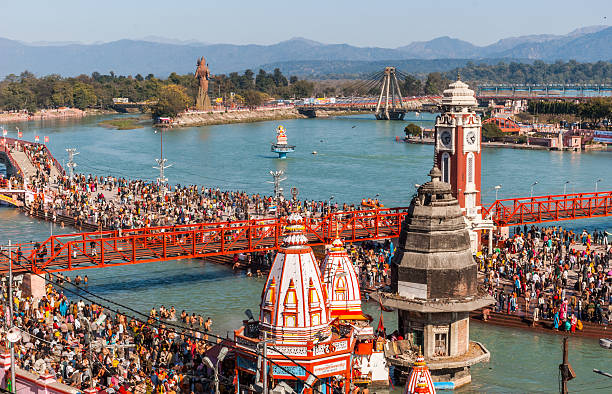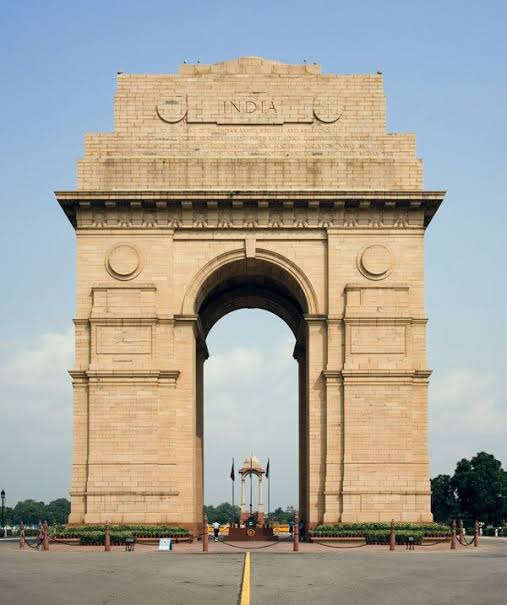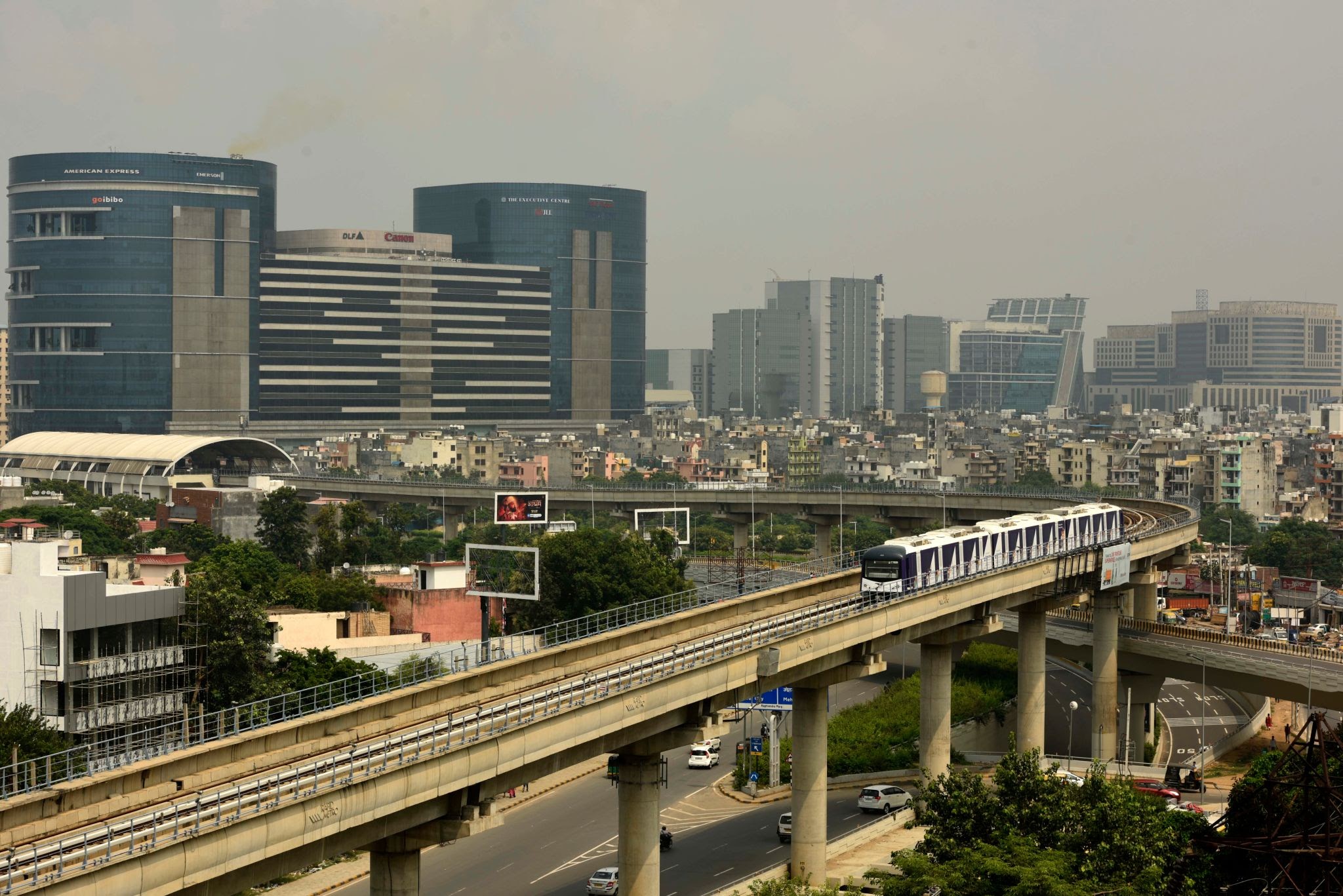Kali Pooja
Kali Pooja, also known as Shyama Puja or Mahanisha Puja, is a Hindu festival dedicated to the worship of Goddess Kali, the fierce and powerful form of the Divine Mother. Kali is often depicted with a dark complexion, a garland of skulls, and a sword, symbolizing her role as the destroyer of evil and protector of her devotees. Kali Pooja is primarily celebrated in the eastern states of India, especially in West Bengal, Assam, Odisha, and parts of Bihar, coinciding with the festival of Diwali.
Procedure
- Preparation and Decoration: Homes and temples are cleaned and decorated with flowers, rangoli, and lights. A special altar is prepared with an idol or image of Goddess Kali.
- Offerings (Prasad): Devotees offer fruits, sweets, rice, lentils, meat, fish, and sometimes alcohol. Flowers, incense, and lamps are also offered.
- Mantras and Chants: Recitation of specific mantras and hymns dedicated to Goddess Kali.
- Aarti: Performing the aarti (ceremonial worship with light) with lamps and camphor.
- Sacrificial Offerings: In some traditions, symbolic sacrifices are made. In ancient times, animal sacrifices were more common, but now they are often replaced with symbolic items like pumpkins or sugarcane.
- Midnight Pooja: The main rituals are often performed at midnight, symbolizing Kali’s association with dark, transformative power.
Benefits of Kali Pooja
- Protection from Negativity: Shielding oneself from negative influences and harmful energies.
- Spiritual Growth: Enhancing spiritual growth and awakening inner strength.
- Removal of Obstacles: Overcoming difficulties and obstacles in life.
- Health and Well-being: Attaining physical and mental well-being.
- Prosperity: Invoking blessings for prosperity and success.
- Karmic Cleansing: Cleansing of past karmas and sins.
How to Perform Kali Pooja
- Choose an Auspicious Day: Kali Pooja is typically performed during the new moon night (Amavasya) of the Hindu month of Kartik (October-November).
- Prepare the Altar: Set up an altar with an idol or image of Goddess Kali, decorated with flowers, lamps, and other offerings.
- Purification: Purify the space and oneself with holy water or Ganga jal.
- Invoke Goddess Kali: Begin by invoking Goddess Kali with prayers and mantras.
- Offerings and Prayers: Offer flowers, incense, lamps, fruits, sweets, and other items. Recite Kali mantras and hymns.
- Aarti: Perform the aarti with lamps and camphor, singing devotional songs.
- Midnight Rituals: Conduct the main pooja rituals at midnight, which may include special offerings and chanting.
- Conclude with Prasad: Distribute prasad (sacred food) to all participants at the end of the pooja.
Kali Pooja is a powerful and transformative ritual that invokes the fierce and protective energies of Goddess Kali, offering devotees a pathway to spiritual empowerment, protection, and inner transformation.
Pandit for Kali Pooja
Data Not Found
Pooja's FAQ
Goddess Kali is a powerful and fierce form of the Divine Mother in Hinduism. She is often depicted with a dark complexion, multiple arms, and a garland of skulls. Kali is associated with destruction, transformation, and protection.
Kali Pooja is a worship ceremony dedicated to Goddess Kali. Devotees perform rituals, offer prayers, and seek the blessings of Kali during this event. It is often associated with the removal of negative forces and the triumph of good over evil.
Certainly, you have the flexibility to alter the date and time of the pooja. Kindly get in touch with POOJAT customer care for coordination.
After booking a pooja with a pandit or temple, you will receive the pandit's contact number in the booking section. Feel free to reach out to confirm details and discuss any specific requirements
Kali Pooja is commonly celebrated during the festival of Diwali, especially in the eastern parts of India, such as West Bengal and Assam. However, specific dates may vary, and some devotees may choose to perform Kali Pooja on other auspicious occasions.
Rituals may include the recitation of Kali mantras, offering of flowers, fruits, and sweets, performing aarti (ceremonial worship with light), and sometimes animal sacrifices (though this practice is less common today). Devotees may also engage in meditation and prayer.
Kali Pooja is generally open to all individuals who wish to worship Goddess Kali. It is not restricted to specific communities, and devotees from various backgrounds participate in the worship.
Yes, there are several mantras dedicated to Goddess Kali. The most well-known is the "Kali Maa Chalisa," and the "Durga Saptashati" also contains a section dedicated to Goddess Kali.
Kali Pooja has its unique rituals and focuses on invoking the fierce and protective aspects of the Divine Mother. While there may be similarities with other forms of worship, the specific mantras, rituals, and symbols associated with Kali distinguish it.
Kali Pooja has its unique rituals and focuses on invoking the fierce and protective aspects of the Divine Mother. While there may be similarities with other forms of worship, the specific mantras, rituals, and symbols associated with Kali distinguish it.









